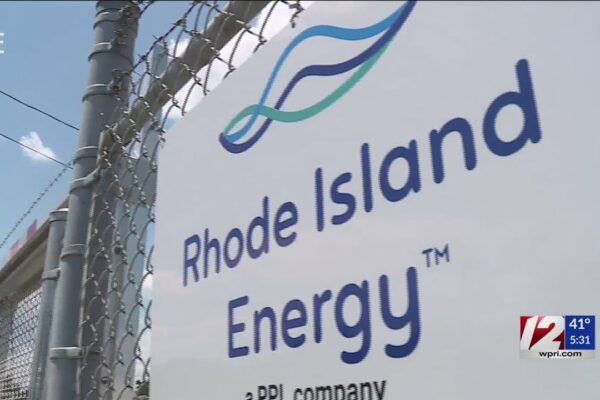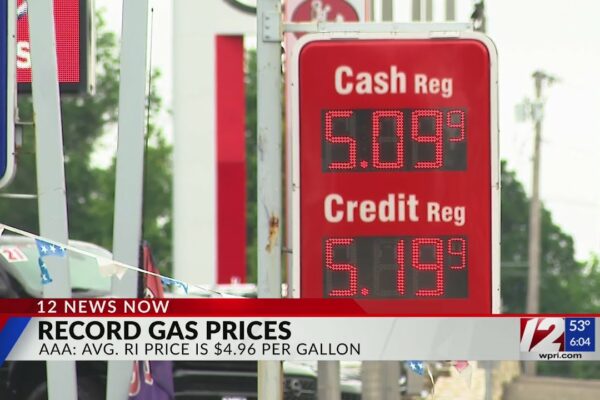
Have electricity prices increased in Rhode Island?
Electricity prices in Rhode Island have indeed seen an upward trend in recent years. According to data from the US Energy Information Administration, the average retail price of electricity for residential consumers has increased steadily, reflecting the rising costs of generation, transmission, and distribution. Factors such as infrastructure upgrades, renewable energy investments, and market dynamics contribute to this surge. Staying informed about these price fluctuations is essential for residents and businesses alike, enabling them to make informed decisions regarding energy consumption and budget planning.


